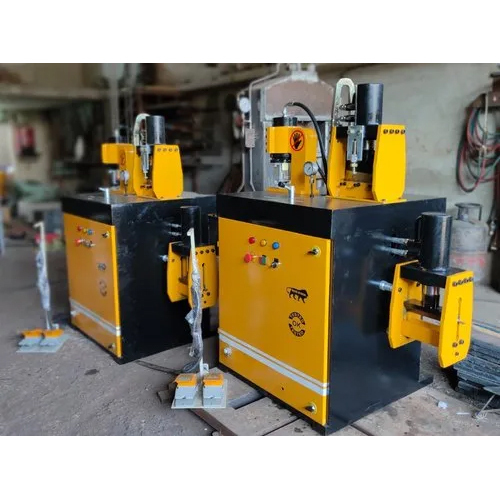
In the rapidly evolving landscape of technology, busbar machine learning has emerged as a groundbreaking force that is reshaping industries and pushing the boundaries of what’s possible. Machine learning, often referred to as ML, is a subset of artificial intelligence (AI) that empowers computers to learn from data and make intelligent decisions. Its applications span across various sectors, from healthcare to finance, and from entertainment to transportation, promising to revolutionize the way we live and work.
Machine learning algorithms have demonstrated their prowess in areas such as image recognition, natural language processing, and predictive analytics. These algorithms can analyze vast datasets with incredible speed and accuracy, uncovering valuable insights and patterns that were once impossible for humans to discern. In the healthcare sector, for instance, ML algorithms can assist in diagnosing diseases, predict patient outcomes, and even accelerate drug discovery processes.
One of the driving factors behind machine learning’s success is the sheer amount of data available today. As we generate more data than ever before, ML algorithms have a rich source of information to draw upon for training and improving their performance. This data-driven approach allows machines to continuously adapt and evolve, providing us with smarter solutions and better decision-making tools.
Moreover, machine learning has the potential to transform industries through automation. In manufacturing, for instance, ML-powered robots can perform complex tasks with precision and efficiency, reducing human error and increasing production rates. In the finance sector, algorithms can analyze market trends and make split-second trading decisions, optimizing investment portfolios and minimizing risks.
In the realm of autonomous vehicles, machine learning algorithms play a pivotal role in ensuring safety and reliability. These algorithms enable cars to navigate complex roadways, interpret traffic signals, and even predict the behavior of other vehicles. As self-driving cars become more prevalent, they promise to reduce accidents and revolutionize transportation systems worldwide.
The world of entertainment is also experiencing a machine learning revolution. Streaming platforms use ML algorithms to recommend personalized content to users, increasing viewer engagement and satisfaction. Meanwhile, the gaming industry is employing AI and ML to create more immersive and dynamic gaming experiences, from adaptive NPCs to realistic physics simulations.